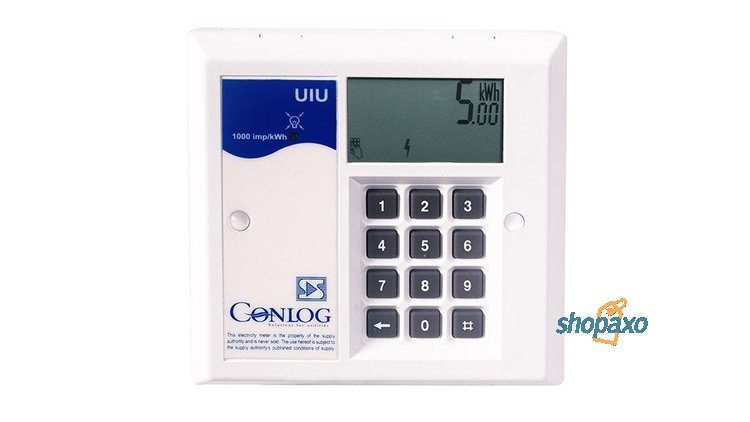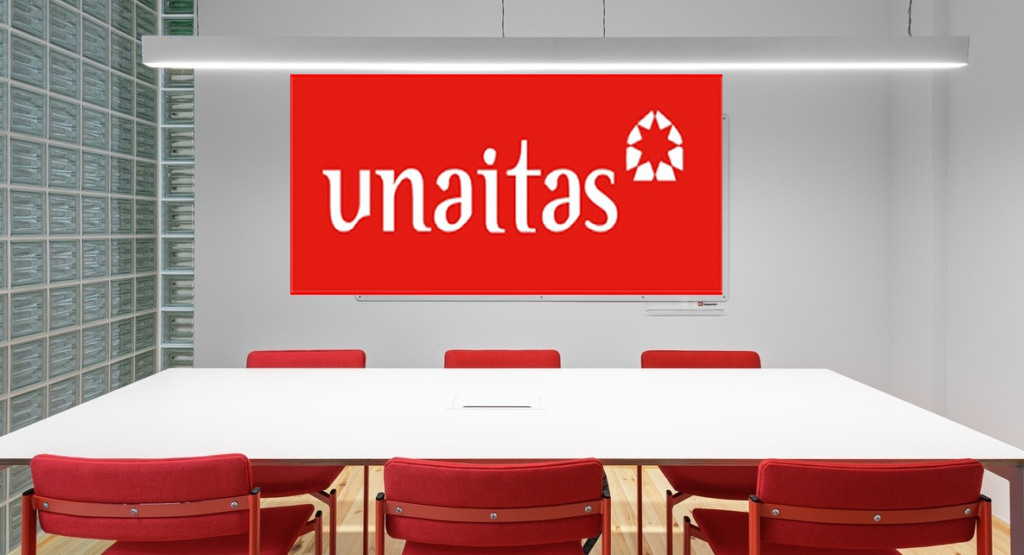Now Reading: How to Invest in Kenya Property Trust: The Ultimate Guide to REITs, Growth, and Passive Income
-
01
How to Invest in Kenya Property Trust: The Ultimate Guide to REITs, Growth, and Passive Income
How to Invest in Kenya Property Trust: The Ultimate Guide to REITs, Growth, and Passive Income

Kenya’s real estate market has witnessed meteoric growth in the last decade, making property investment a popular strategy for both locals and international investors.
However, direct property ownership is often capital-intensive, complex, and time-consuming. Real Estate Investment Trusts (REITs)—the primary vehicle for property trusts in Kenya—offer the fastest, most accessible path to property-backed wealth for most investors.
If you’re searching for how to invest in Kenya property trust, this definitive guide will walk you through every step, ensuring you can tap into passive income, capital growth, and tax advantages—while avoiding common pitfalls.
What is a Property Trust? Definition and the Role of REITs in Kenya
A property trust is a regulated vehicle that pools together funds from multiple investors to acquire, manage, and earn returns from real estate.
In Kenya, property trusts almost always refer to REITs—Real Estate Investment Trusts—which are established as trusts (not companies), professionally managed, and highly regulated by Kenya’s Capital Markets Authority (CMA).
Properties are held in the name of a trustee, while fund managers oversee operations.
Key Features of Property Trusts in Kenya:
- Pooling of investors’ capital into income-generating and/or development property.
- Fractional, affordable investments for both retail and corporate buyers.
- Professional property and fund management.
- Fully regulated, providing transparency and investor protection.
- Units (shares) often listed and traded on the Nairobi Securities Exchange (NSE) for liquidity.
Types of Property Trusts (REITs) in Kenya
1. Income REIT (I-REIT):
- Invests in completed, income-generating properties (e.g., malls, office blocks, residential apartments).
- Suitable for retail and institutional investors seeking regular dividend income and moderate growth.
- Example: ILAM Fahari I-REIT, listed on NSE.
2. Development REIT (D-REIT):
- Pools funds to finance real estate development projects (e.g., housing estates, commercial parks).
- Higher risk, intended for professional investors due to uncertainty in construction and sales.
- Returns come from eventual sale/rental of finished property.
3. Islamic REIT:
- Undertakes only Shari’ah-compliant activities.
- Investment is filtered for compliance before execution.
Why Invest in Kenya Property Trusts? Key Benefits
- Affordable Entry: Minimum investment in some REITs is as low as KES 1,000–10,000, allowing broader participation.
- Liquidity: Units can be bought/sold anytime on the NSE, unlike direct property ownership.
- Consistent Income: I-REITs must distribute at least 80% of annual after-tax profits as cash dividends.
- Diversification: Own a slice of professionally managed malls, apartments, offices, and more—spreading risk across multiple properties.
- Tax Incentives: REITs enjoy exemptions from certain taxes (stamp duty, capital gains, value-added tax) and preferential rates.
- Expert Management: Properties are maintained and leased by skilled managers for maximum returns and minimal hassle.
- Transparency and Regulation: Assets and transactions are audited, reducing risk of fraud and mismanagement.
Step-By-Step Guide: How to Invest in Kenya Property Trust (REIT)
1. Research REITs and Property Trusts Available
- Check the NSE: Look for currently listed REITs such as the ILAM Fahari I-REIT or new entrants.
- Review the fund manager’s track record: Investigate their portfolio, management team, annual returns, and distribution history.
- Understand the underlying assets: Find out what properties are owned, vacancy rates, tenant mix, lease durations, etc.
- Read prospectuses: These documents provide crucial details on risks, objectives, fees, and investment terms.
2. Open a Brokerage Account
- Only licensed NSE brokers can facilitate REIT investments for retail investors.
- Choose a reputable brokerage, register, complete onboarding KYC (Know Your Customer) requirements, and fund your account.
3. Select a Property Trust and Decide on Your Investment Amount
- Analyze historic returns, yields, and growth potential. Use online calculators to estimate potential dividends and capital appreciation.
- Review unit price trends and liquidity on the NSE for current REIT listings.
4. Place Your Investment Order
- Instruct your broker to purchase REIT units (shares) on your behalf.
- Use online trading platforms, mobile apps, or direct broker channels to buy and manage your investment.
5. Monitor Performance, Earn Dividends, and Consider Additional Investments
- Keep an eye on quarterly and annual reports published by your REIT manager.
- Your dividends will be credited to your brokerage account or designated bank account (depending on arrangements).
- Reinvest dividends for compounding growth or cash out as needed.
Advanced Strategies: Maximizing Returns from Kenya Property Trusts
Diversify Across Multiple REITs:
Don’t put all your funds into one trust; diversification mitigates risk. Some investors own units in both income and development REITs, or across trusts holding residential, retail, and office assets.
Follow Market Trends:
Monitor real estate sectors for growth signals—e.g., new infrastructure, retail expansion, rising middle class housing needs—and shift investment accordingly.
Reinvest Dividends:
Use cash returns to buy more units, compounding your capital over years, maximizing long term ROI.
Engage with Fund Managers:
Attend AGMs, request updates, and ask direct questions about management strategy, upcoming acquisitions, or plans for value addition.
Key Risks and How to Manage Them
- Market Fluctuations: REIT prices can fall in line with property and broader market trends. Monitor reports and don’t panic over short-term dips.
- Vacancy and Rental Income Fluctuations: If tenants leave, income may drop—trusts with diversified assets and strong tenant management are safer.
- Development Delays (D-REITs): Development REITs can face unforeseen delays or cost overruns; stick with income REITs for more consistent returns if risk-averse.
- Manager Reputation and Fees: High management or trustee fees eat into profits. Always compare fee structures and historic net returns before investing.
- Regulatory Changes: Keep informed about government regulations, which may impact taxation, compliance, or required distributions.
Pro Tips: Succeeding with Kenyan Property Trust Investments
- Start Small and Grow: Begin with a manageable amount, then scale as you gain confidence.
- Use Dollar-Cost Averaging: Invest set amounts monthly or quarterly, reducing risk of adverse price swings.
- Leverage Tax Advantages: Arch your asset allocation to maximize allowable incentives and exemptions.
- Stay Updated: Read financial news, subscribe to REIT annual reports, and join investment forums for market intelligence.
- Consider Social Impact: Some REITs focus on affordable housing, healthcare properties, or green buildings—aligning your investment with your values.
Case Study: ILAM Fahari I-REIT
Portfolio Highlights:
- Owns leading Nairobi properties such as Greenspan Mall, Signature International, Bay International, and 67 Gitanga Road.
- Distribution policy mandates payout of at least 80% of annual net profits to investors.
- Annual general meetings allow investor participation in decision-making.
- Regular audits and compliance with Capital Markets Authority rules assure transparency.
Recent Performance:
- Despite asset value fluctuations (up to 7.8% decrease in NAV reported in 2024), the REIT distributed dividends and maintained strong occupancy rates in flagship properties, especially retail malls.
- Ongoing investments in redevelopment and new assets create growth potential.
FAQs: Everything You Need to Know About Investing in Kenya Property Trust (REIT)
Q: Can foreigners invest in Kenyan property trusts?
A: Yes—Kenyan REITs are open to both local and foreign investors, subject to CMA rules and brokerage account requirements.
Q: What’s the minimum amount I can invest in a REIT?
A: Some trusts accept investments from as little as KES 1,000–10,000; advanced or professional funds may require higher minimums.
Q: How do I get paid?
A: Income (dividends) is paid out periodically to your brokerage or bank account, based on profits generated by the trust.
Q: Are REIT investments safe?
A: REITs are highly regulated, but risks remain—market, vacancy, or management-based. Diversify and review performance often.
Q: What taxes are applicable to Kenyan property trusts?
A: REITs benefit from exemptions; however, investors pay withholding tax on interest/dividends, and (in some cases) capital gains.
Conclusion: Should You Invest in Kenya Property Trust?
Kenya’s real estate trust market is young but growing fast, offering unmatched advantages for passive income, diversification, and capital growth at affordable entry levels.
By learning how to invest in Kenya property trusts, you’ll join thousands of savvy investors making real estate work for them—without full ownership hassles.
Carefully select REITs, engage with fund managers, monitor assets, and reinvest dividends to unlock true wealth.
Ready to start?
Check NSE for the latest REIT listings, open your brokerage account, and begin your journey to smart, simple property investment in Kenya today!






























